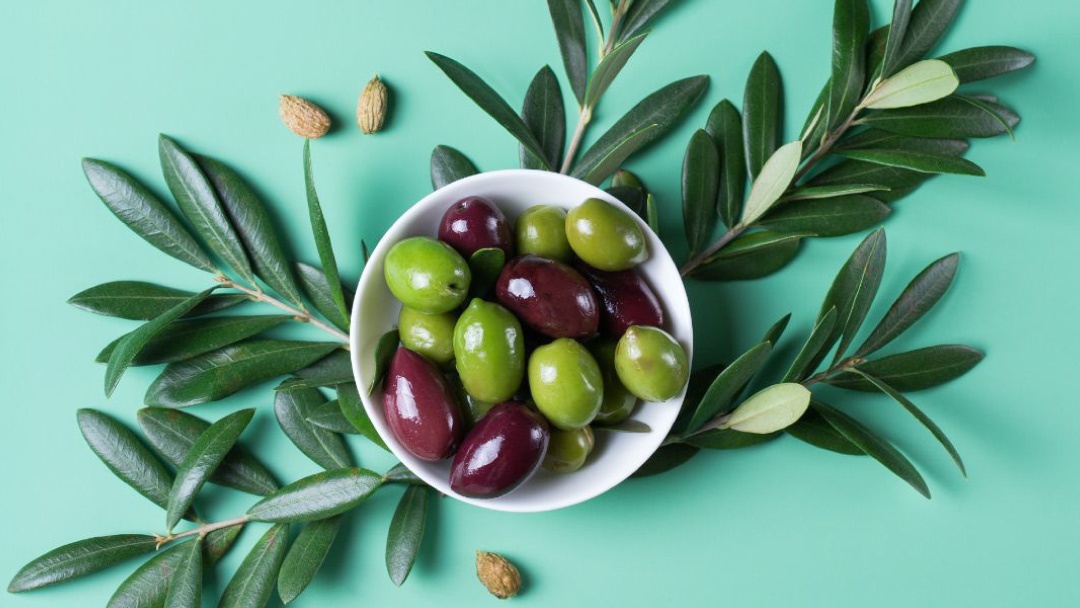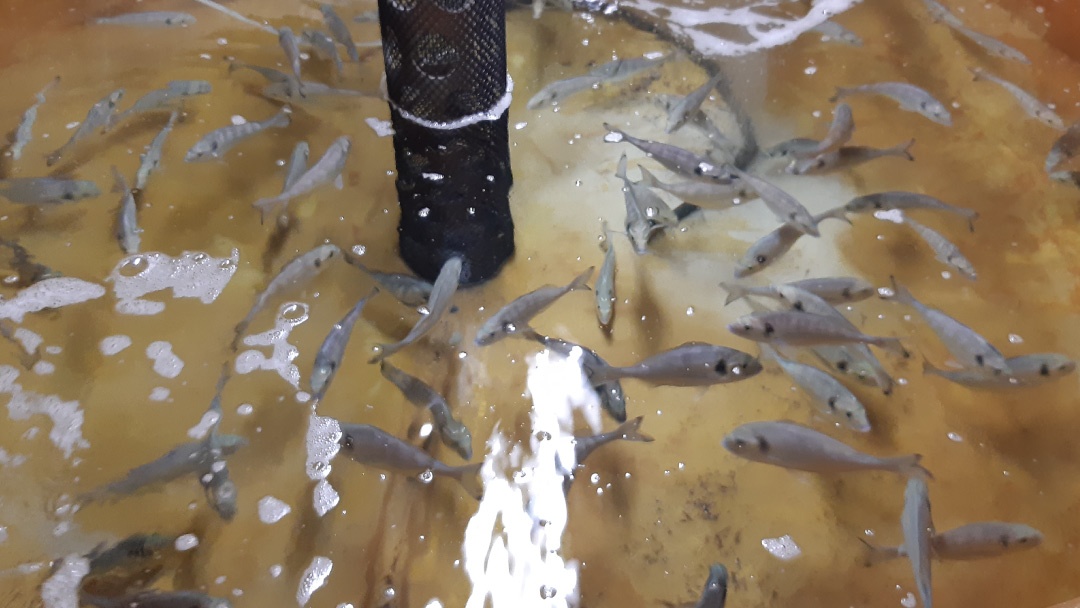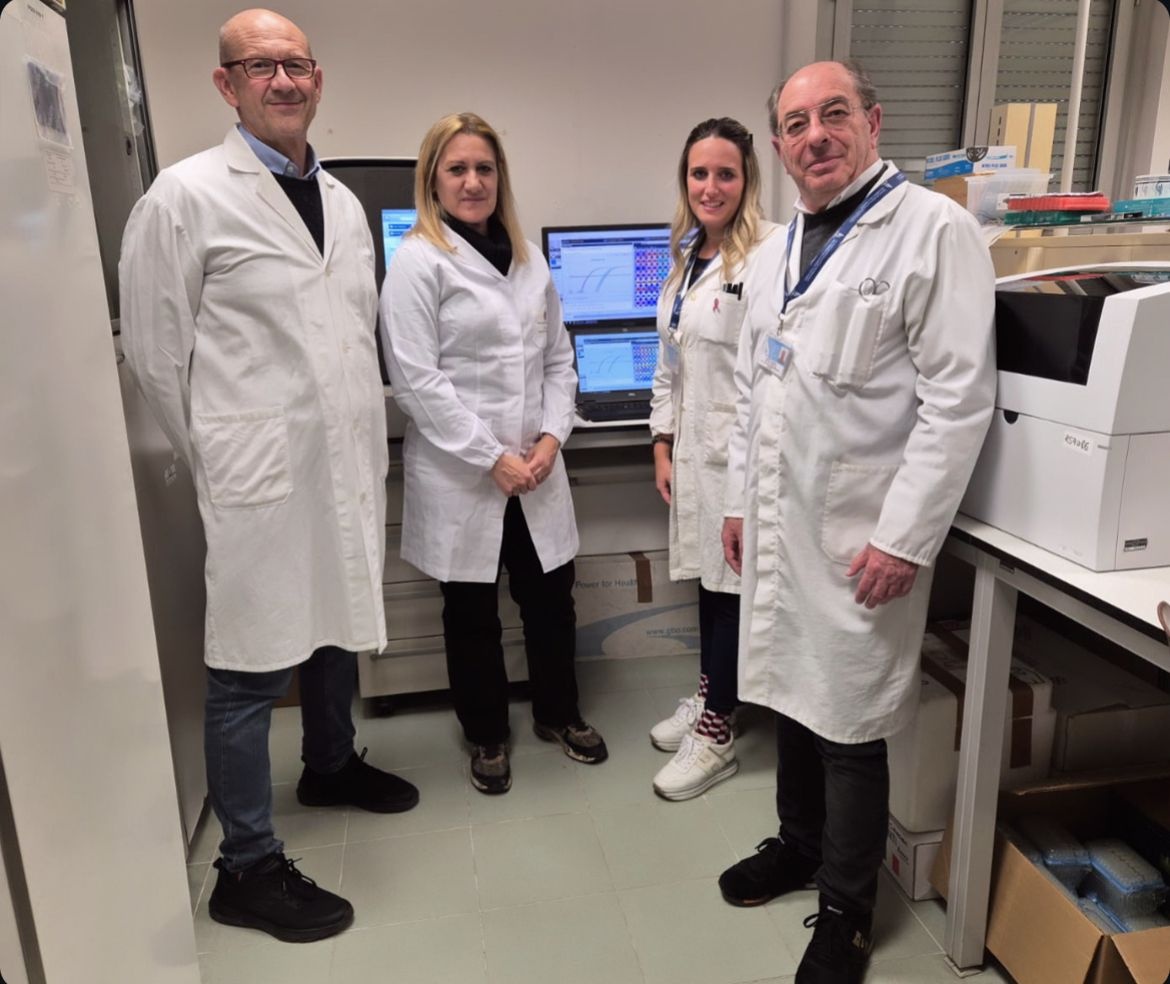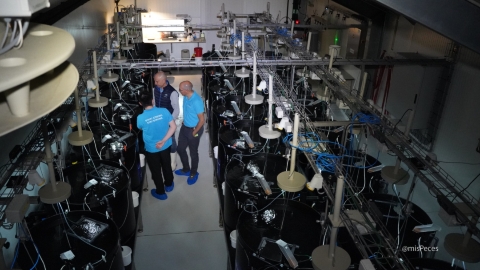
A study conducted by researchers at the Experimental Zooprophylactic Institute of Umbria and Marche and the Department of Veterinary Medicine at the University of Perugia demonstrated that supplementing seabream feed with 0.8% polyphenol extract improved feed conversion ratios by 30% and increased final weight gain by 176.9%, compared to 124.7% in the control group. The seabream were raised over a period of 195 days, growing from an initial weight of 215 grams to an average weight of 577 grams.
According to the researchers interviewed by misPeces, experiments have demonstrated that polyphenols derived from olive oil by-products "significantly enhance the growth, health, and gene regulation of seabream, owing to their antioxidant and anti-inflammatory properties."
These polyphenols were obtained, following appropriate physical processing, from a by-product (vegetatino water) of the olive oil industry. The extract used, Stymon Phen Feed, contained polyphenols such as hydroxytirosol and tyrosol-both substances recognised for their health benefits in humans-and was supplied by Stymon Natural Products P.C., based in Patras, Greece.
 Seabream from the study | F. Agnetti
Seabream from the study | F. Agnetti
The experimental phase was carried out at a commercial seabream and seabass farm in concrete tank system with continuous water flow, located in the Orbetello lagoon on the Tyrrhenian coast in Tuscany, Italy.
Fish fed with the encapsulated polyphenol-based supplement showed improved gene expression of biomarkers related to immunity and metabolism, notably a reduction in the expression of the pro-inflammatory gene IL-12beta (interlukin 12 beta) and upregulation of antioxidant genes such as SOD (superoxide dismutase).
As the researchers explained, the use of polyphenols derived from olive oil by-products “is a practical solution offering tangible benefits in terms of animal welfare, sustainability, and production efficiency.”
Although the initial costs of this natural feed supplement may be higher, the researchers emphasise that “the improvements in fish health, reduced mortality, and increased farm yields compensate for the investment”,. Additionally, this approach "potentially contributes to reducing the use of medications (e.g. antibiotics), thereby helping to combat antimicrobial resistance."
For widespread adoption, it will be crucial to optimize production processes and ensure a consistent supply at competitive costs.



